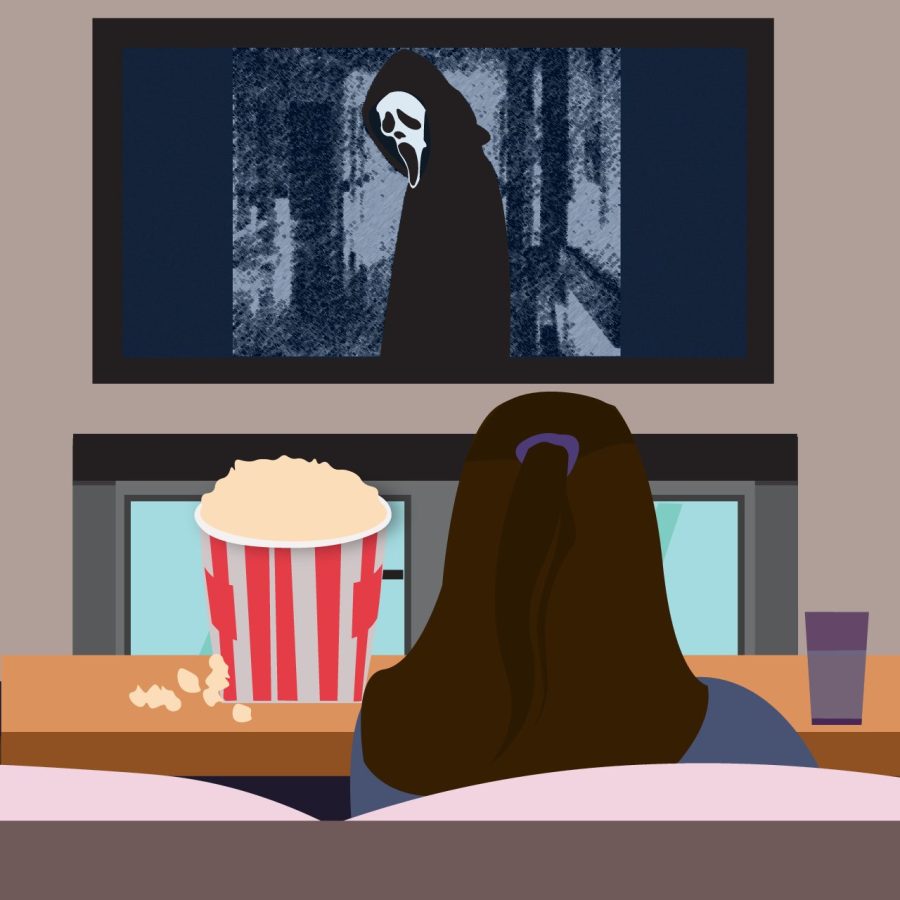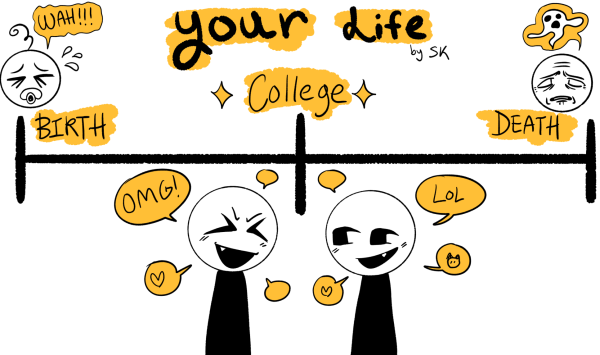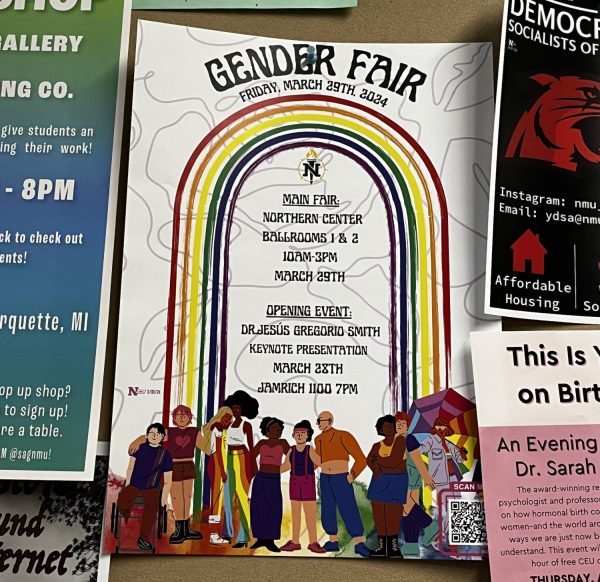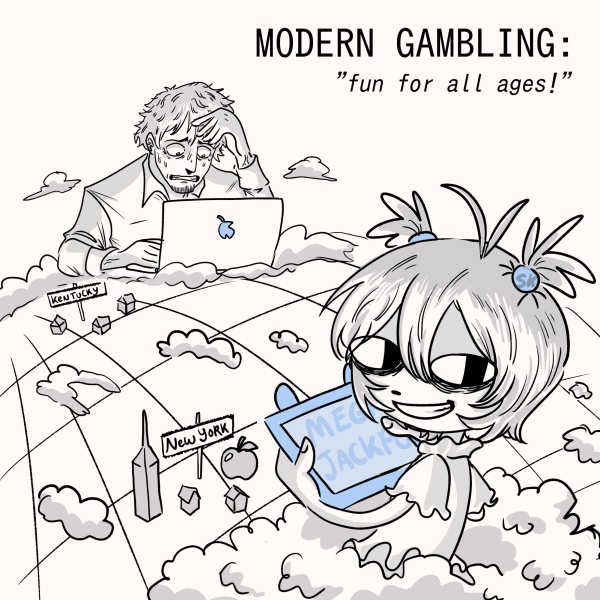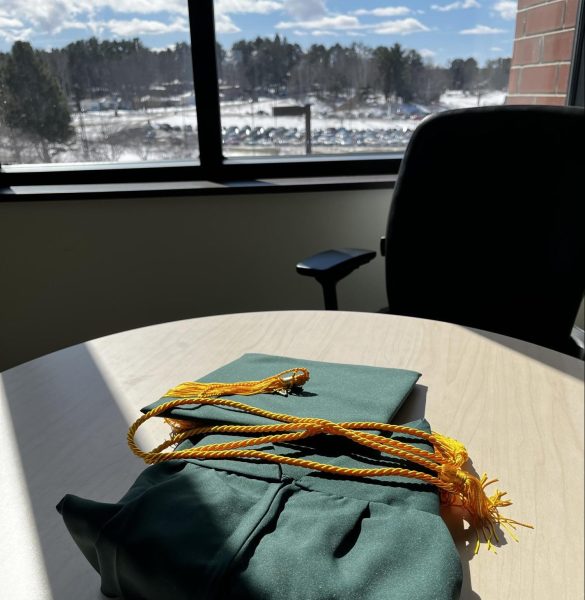Opinion — The horror genre is too often overlooked
October 28, 2022
With Halloween fast approaching, the conversation around horror movies has heightened as many people try to decide which films to put on to get into the spooky season.
Films like 1978’s Halloween, one of the many Nightmare on Elm Street movies or — for the paranormal fan — something like the Poltergeist series tends to be at the top of many people’s lists. Most would consider these films to be classics, and rightfully so. They are often lauded for defining or redefining the horror genre and are all staples of the Halloween season.
However, many people believe that horror movies should not be so highly praised, and more often than not the Academy Awards seem to agree with this sentiment.
Over the years, the horror genre has often been snubbed at Academy Award ceremonies like the Oscars. In fact, the Oscars have been around for over 90 years and only six horror films have ever been nominated for Best Picture: “Black Swan,” “Get Out,” “The Exorcist,” “The Sixth Sense,” “Jaws” and “Silence of the Lambs.”
Out of all of these, “Silence of the Lambs” is the only one to win Best Picture, and even then it is considered to be more of a thriller than a horror movie.
Horror movies have been viewed as the lowest of the low when it comes to entertainment due to the fact that many view them as just blood and gore explosions instead of actual films. Members of the horror film community disagree with this idea, however, and argue that many horror movies make incredibly deep and fascinating critiques of society as a whole.
For example, films like “Jennifer’s Body” deal with the complex feelings teenage girls go through in high school, as well as criticize the way that women are often put into a box from very early on in life and are expected to behave a certain way.
Films like “American Psycho” comment on the 80s yuppie culture and the damaging effects of toxic masculinity being allowed to run rampant because it is considered the societal norm. Films like “Candyman” criticize the failed housing project that was Cabrini-Green. It also comments on the racist structures put in place by the housing industry as a whole, as well as the generational trauma caused by racism.
Reducing horror films to the very small idea of just blood and gore is ignoring all of the hard work that the many casts and crews put into these films, along with overlooking the social impacts these films have had.
Overall, horror movies are an important part of contemporary culture and people’s views. The genre can help people discover their own identity, and even be a part of their identity. Horror can critique societal issues in a way that no other genre can, yet the Academy Awards continue to snub them and their role in film culture.
So when picking horror films to watch this Halloween season, or anytime really, ask yourself this question: “Is this horror movie really just about blood and gore, or is it much more profound and exciting?”
Editor’s Note: The North Wind is committed to offering a free and open public forum of ideas, publishing a wide range of viewpoints to accurately represent the NMU student body. This piece is a guest column, written by a Northern Michigan University student, faculty member, or community member. It expresses the personal opinions of the individual writer, and does not necessarily reflect the views of the North Wind. The North Wind reserves the right to avoid publishing columns that do not meet the North Wind’s publication standards. To submit a guest column contact the opinion editor at [email protected] with the subject North Wind Guest Column.





















